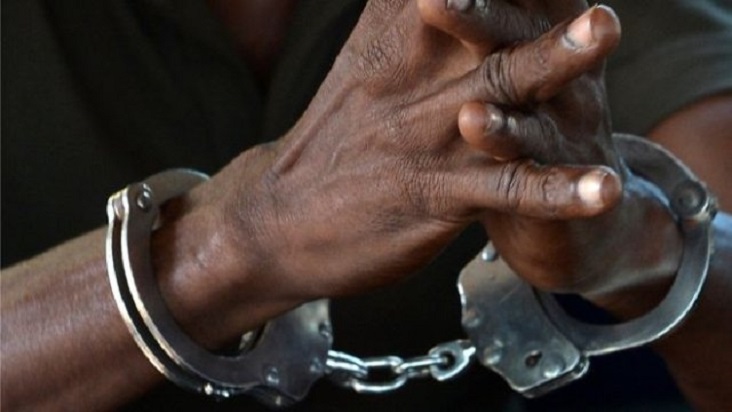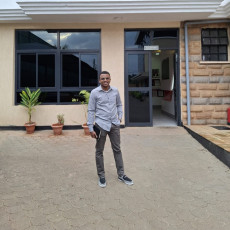- The recent arrest of two men in Busia for trafficking cannabis sativa may seem like just another headline in Kenya’s crime blotter, but it represents something far more disturbing
- When a 50-year-old man is willing to risk prison to move illegal drugs, we have to ask ourselves what kind of support systems failed him—and how many others are already walking the same path.
The recent arrest of two men in Busia for trafficking cannabis sativa may seem like just another headline in Kenya’s crime blotter, but it represents something far more disturbing—a silent but persistent drug trade creeping through our border towns, one motorbike at a time.
Alfred Ouma Mapesa, aged 50, and Frederick Egesa Wafula, 41, now sit behind bars after being caught trafficking 24 kilograms of cannabis. Mapesa was intercepted with the stash strapped to his motorcycle—a method that is far too common and far too effective in avoiding detection.
When grilled, he quickly gave up his accomplice. The two are now facing justice, but the problem runs deeper than just these individuals.
Busia, sits on the edge of Uganda and serving as a bustling gateway for trade and transport.
It would be naïve to assume that arresting two people is a win in the war against drugs. If anything, it should sound an alarm. For every trafficker caught, several more may be passing through unnoticed.
Read More
The use of motorbikes—commonly known as boda bodas—not only makes transportation swift and inconspicuous, but also highlights how local economies and livelihoods are being exploited by criminal networks.
What’s even more troubling is the normalization of cannabis in public discourse, especially among the youth. Many believe it to be harmless, even fashionable, despite the numerous studies linking long-term use to mental health complications.
While some may argue for decriminalization or medical legalization, the reality on the ground is stark: cannabis is illegal in Kenya, and its unregulated trade fuels other criminal enterprises.
Authorities must recognize the systemic issues that make places like Busia vulnerable to drug networks. Border security needs to be more than just checking trucks and buses—it requires intelligence-led policing, community cooperation, and a visible commitment to dismantling drug supply chains, not just intercepting them.
Beyond law enforcement, there's a need for public education. Drug trafficking is not a victimless crime. It destroys lives, undermines communities, and erodes the moral fabric of society. We must shift from reactive measures to preventive strategies, starting in schools, families, and local institutions.
When a 50-year-old man is willing to risk prison to move illegal drugs, we have to ask ourselves what kind of support systems failed him—and how many others are already walking the same path.
The Busia arrest may fade from headlines in a few days, but the story it tells should linger. It reveals cracks in our systems and challenges us to look beyond surface-level wins. This is not just a crime issue—it is a social and structural one, and until we treat it as such, we will only be reacting to symptoms rather than curing the disease.




-1759480422-md.jpg)





-1759480422-sm.jpg)

